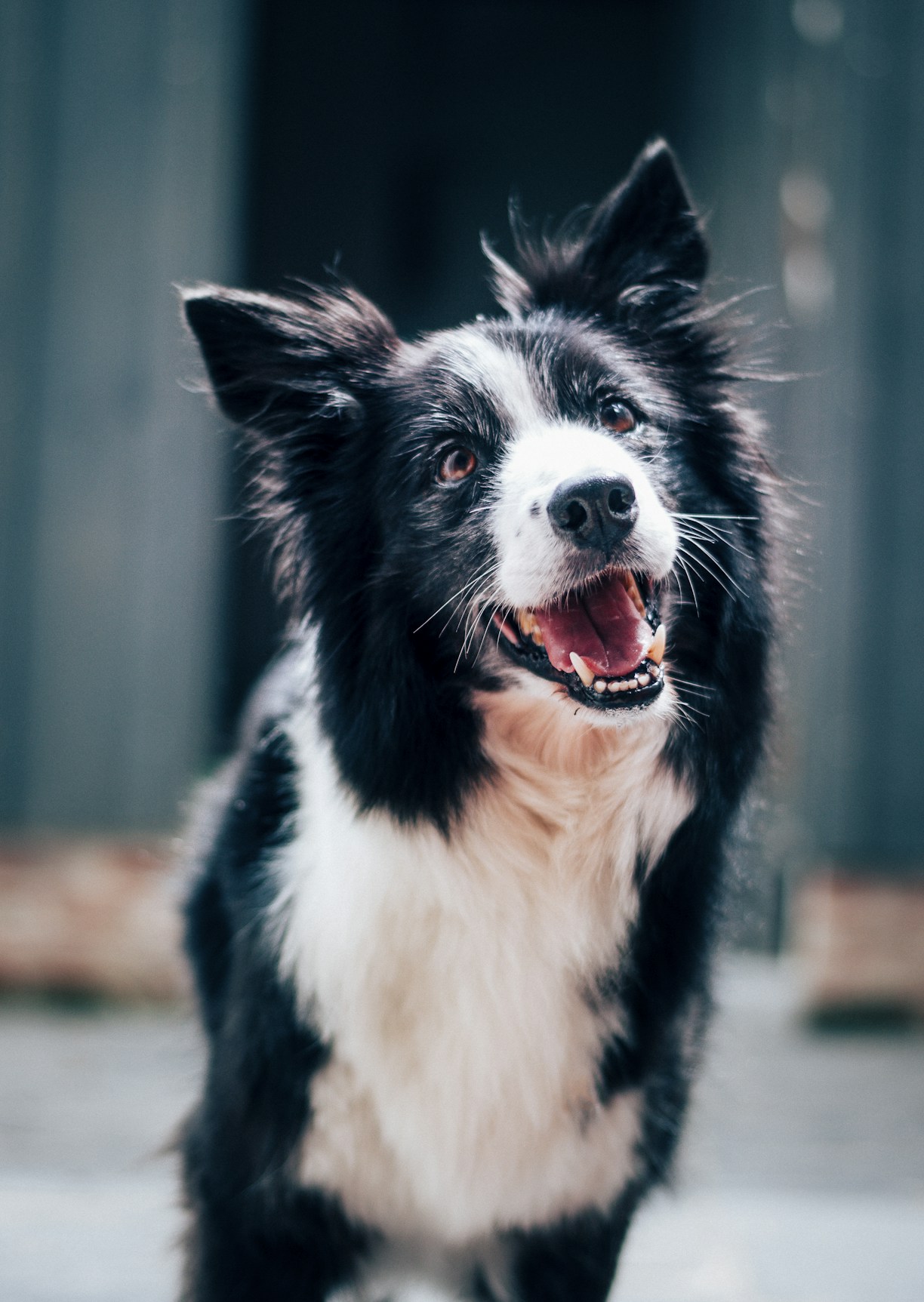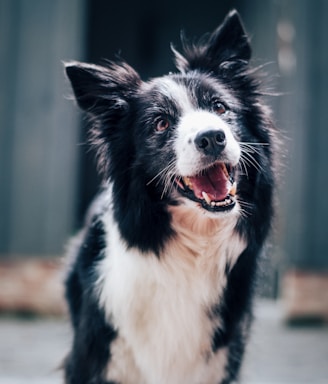Why Is Your Dog Licking His Paws?
As a pet owner, it can be quite concerning to witness your beloved dog constantly licking their paws. While occasional paw licking is normal behavior for dogs, excessive or persistent licking may indicate an underlying issue that requires attention.
DOG HEALTH
11/26/20233 min read


Dogs licking paws!
As a pet owner, it can be quite concerning to witness your beloved dog constantly licking their paws. While occasional paw licking is normal behavior for dogs, excessive or persistent licking may indicate an underlying issue that requires attention.
In this article, we will explore the various reasons why dogs lick their paws and what you can do to help alleviate their discomfort.
Allergies
One of the most common reasons why dogs lick their paws is due to allergies. Just like humans, dogs can be allergic to a variety of substances such as pollen, dust mites, certain foods, or even certain materials. When dogs come into contact with an allergen, it can cause itching and irritation, leading them to lick their paws in an attempt to soothe the discomfort.
If you suspect that your dog's paw licking is due to allergies, it is important to consult with your veterinarian. They can help identify the specific allergen through allergy testing and provide appropriate treatment options, such as antihistamines or hypoallergenic diets.
Dry Skin
Dry skin is another common cause of paw licking in dogs. Just like humans, dogs can experience dryness and itchiness on their skin, including their paws. Dry skin can be caused by various factors, such as weather conditions, low humidity, or even certain grooming products.
To help alleviate dry skin, you can try using moisturizing paw balms or creams specifically designed for dogs. Additionally, ensuring that your dog has a well-balanced diet with adequate essential fatty acids can also help improve their skin health.
Pain or Injury
If your dog suddenly starts licking their paws excessively and shows signs of discomfort, it could be an indication of pain or injury. Dogs may lick their paws in response to an injury, such as a cut, splinter, or foreign object lodged between their toes. They may also lick their paws if they are experiencing joint pain or arthritis.
If you suspect that your dog's paw licking is due to pain or injury, it is crucial to have them examined by a veterinarian. The vet can perform a thorough examination to identify the underlying cause and provide appropriate treatment options, which may include pain medication or surgery, if necessary.
Boredom or Anxiety
Just like humans, dogs can engage in repetitive behaviors when they are bored or anxious. Excessive paw licking can be a sign of boredom or anxiety in dogs. If your dog is not getting enough mental or physical stimulation, they may resort to licking their paws as a way to self-soothe or alleviate their stress.
To address boredom or anxiety-related paw licking, it is important to provide your dog with plenty of exercise, mental stimulation, and attention. Engage in interactive play sessions, provide puzzle toys, and consider training or obedience classes to keep your dog mentally and physically stimulated.
Infections
Paw licking can also be a symptom of an underlying infection in dogs. Bacterial or yeast infections can cause itching and discomfort, leading dogs to lick their paws excessively. Infections can occur due to various reasons, such as allergies, moisture buildup between the toes, or even underlying health conditions.
If you suspect that your dog has an infection, it is crucial to consult with your veterinarian. They can perform a thorough examination and recommend appropriate treatment options, such as medicated shampoos, topical creams, or oral medications to address the infection.
Parasites
Parasites, such as fleas or ticks, can also cause dogs to lick their paws excessively. Fleas and ticks can bite and irritate the skin, leading to itching and discomfort. Dogs may lick their paws in an attempt to relieve the itching caused by these parasites.
To prevent and treat parasites, it is important to regularly use flea and tick preventatives recommended by your veterinarian. Additionally, regularly checking your dog for any signs of fleas or ticks and promptly removing them can help prevent infestations and reduce paw licking.
Conclusion
While occasional paw licking is normal behavior for dogs, persistent or excessive licking may indicate an underlying issue that requires attention. Allergies, dry skin, pain or injury, boredom or anxiety, infections, and parasites are some of the common reasons why dogs lick their paws excessively. If you notice that your dog is licking their paws excessively, it is important to consult with your veterinarian to identify the underlying cause and provide appropriate treatment. By addressing the root cause of the paw licking, you can help alleviate your dog's discomfort and ensure their overall well-being.
Subscribe to our newsletter
HEALTHY DOGGOS 2023 COPYRIGHT
